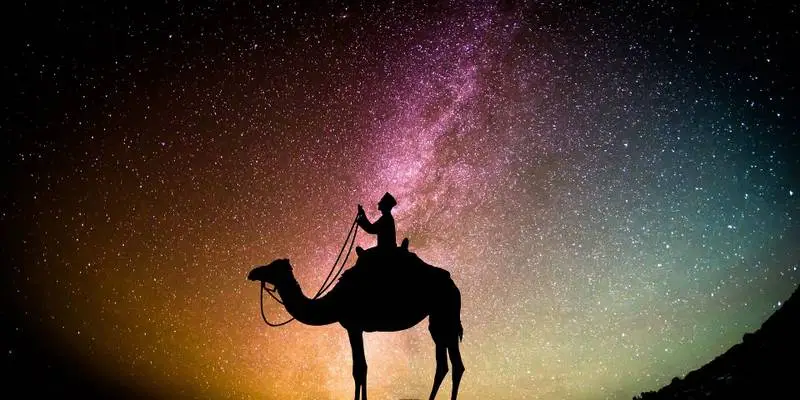Morocco, a land of vibrant colors, rich history, and enchanting landscapes, offers travelers a unique opportunity to immerse themselves in the spirit of Ramadan. As the ninth month of the Islamic lunar calendar, Ramadan holds significant cultural and religious importance for Muslims worldwide. For travelers, visiting Morocco during Ramadan unveils a tapestry of traditions, rituals, and culinary delights, albeit with its own set of advantages and disadvantages.
Advantages of travelling to Morocco during Ramadan:
- Cultural Immersion: Ramadan in Morocco provides a profound insight into the country’s Islamic heritage and traditions. From witnessing the mesmerizing call to prayer echoing through the labyrinthine streets of ancient cities to participating in communal Iftar (breaking of the fast) gatherings, travelers have the chance to engage with locals on a deeper level.
- Spiritual Atmosphere: The palpable sense of spirituality permeates the air during Ramadan. From the bustling medinas to the tranquil riads, travelers can partake in spiritual practices such as visiting mosques, observing Taraweeh prayers, and reflecting on the significance of fasting in Islam.
- Festive Ambiance: Despite the daytime fasting, evenings come alive with vibrant energy as families and communities come together to share hearty meals and celebrate the breaking of the fast. Streets adorned with colorful lights, bustling night markets, and the aroma of traditional delicacies create an enchanting atmosphere for travelers to experience.
- Culinary Delights: Ramadan is synonymous with an array of mouthwatering Moroccan dishes. From savory tagines and fluffy couscous to sweet pastries such as chebakia and sellou, travelers have the opportunity to indulge in a gastronomic adventure like no other.
Disadvantages of travelling to Morocco during Ramadan:
- Limited Availability of Services: During Ramadan, operating hours for shops, restaurants, and tourist attractions may be significantly reduced. Travelers should plan their itineraries accordingly to accommodate for potential closures and limited services, especially during daylight hours.
- Decreased Energy Levels: With fasting being an integral part of Ramadan, travelers may find themselves navigating the bustling streets and attractions with reduced energy levels during the daytime. It’s essential to stay hydrated and pace oneself to fully enjoy the travel experience.
- Restricted Alcohol Service: As alcohol consumption is prohibited for Muslims during Ramadan, travelers may find limited availability of alcoholic beverages in restaurants and bars. Those wishing to enjoy alcoholic drinks should be aware of this restriction and plan accordingly.
- Increased Crowds: Despite the slower pace of life during the daytime, popular tourist destinations may experience increased crowds in the evenings as locals and visitors alike gather for Iftar celebrations and nighttime activities. Travelers should be prepared for crowded streets and venues, especially in popular tourist spots.
In Conclusion:
Traveling to Morocco during Ramadan offers a captivating blend of cultural immersion, spiritual enrichment, and culinary exploration. While there are certain challenges to navigate, the rewards of experiencing this holy month in Morocco far outweigh the disadvantages. From the vibrant festivities to the soul-stirring moments of reflection, Ramadan in Morocco promises an unforgettable journey for travelers seeking a deeper connection with the country’s traditions and heritage.



Comments